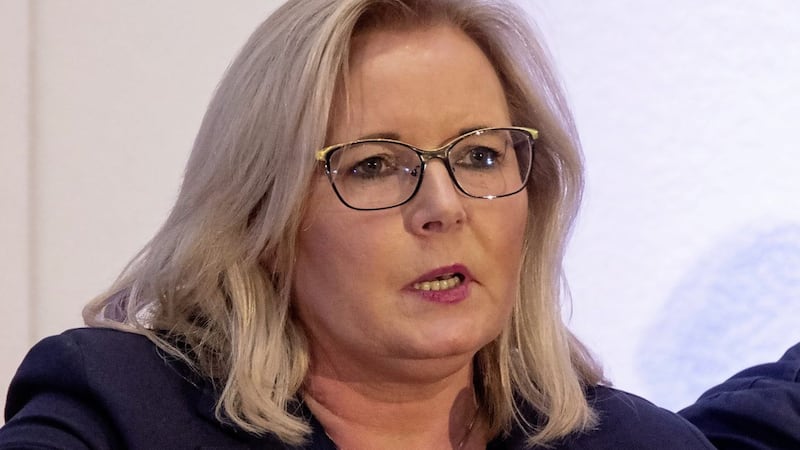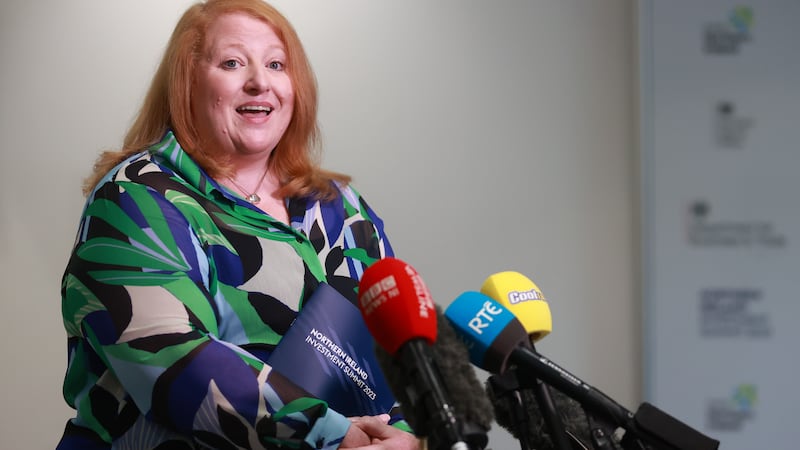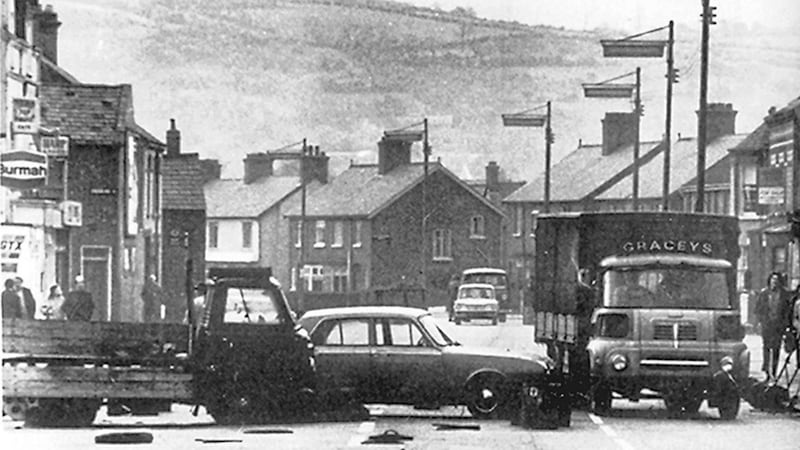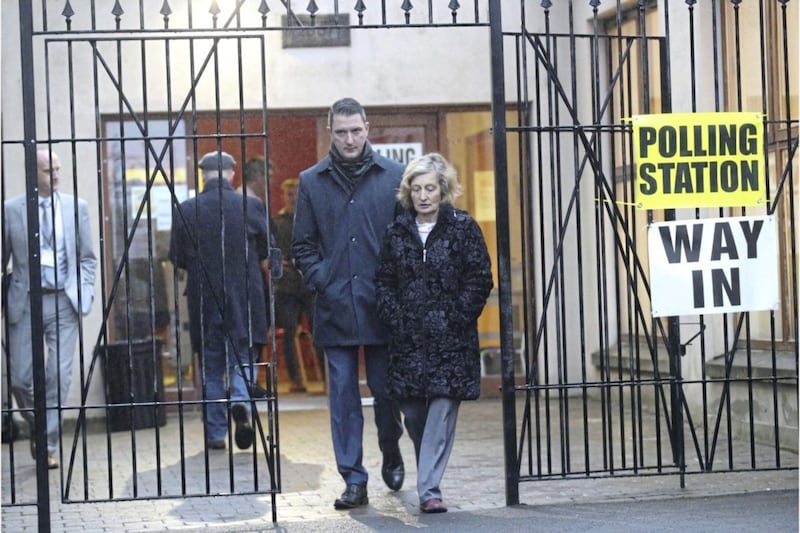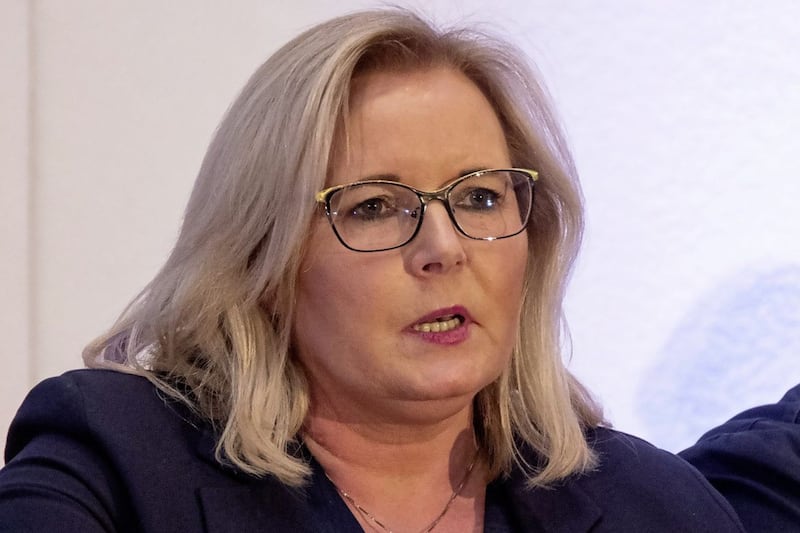WITHIN a month of taking up her post as head of the north's most powerful nursing trade union last May, Pat Cullen warned the threat of strike action by her members was "not an idle one".
Her comments were made in this newspaper in what was her first major interview and it was apparent the new incumbent was taking the unprecedented step seriously.
However, the Royal College of Nursing (RCN) chief was also insistent that she welcomed any moves by the Department of Health to try to solve the two "burning issues" of chronic short-staffing and pay.
Speaking to The Irish News last night hours after the union confirmed that a staggering 92 per cent of its members had voted to strike, Ms Cullen said that never before had she witnessed such "anger and frustration" among a workforce.
But she was also keen to react to comments made in a Department of Health press release issued yesterday in response to the strike announcement - and which stated there are "no untapped source of funding for pay increases".
"Let me be very clear, we are not demanding pay parity as a principal reason for strike action, this is primarily a workforce issue with 3,000 nurses short and staff working with one hand tied up their back," she said.
"In the individual nurse's mind, getting their pay brought up to an acceptable level is further down the agenda than safe staffing - but the two are inextricably linked because we cannot retain nurses here...the workforce is haemorraging."
Health chiefs also said yesterday that "detailed discussions" were to take place today with RCN and other trade unions.
But Ms Cullen said this was a pre-arranged meeting that was part of ongoing pay negotiations with department civil servants.
"These talks have been ongoing for two years so we don't hold out much hope of any change," she said.
For the nursing union boss, all decisions for what happens in the weeks ahead rests with the department's permanent secretary and most senior civil servant, Richard Pengelly.
"Mr Pengelly is also the chief executive of the entire health and social care and therefore fully accountable for the impact of unsafe staffing not just on our nurses but also our patients," she added.
With the first week in December being mooted for strike action, the chances of resolving this crisis appear increasingly slim.
Its effects could be potentially catastrophic for a system on the brink of collapse.
